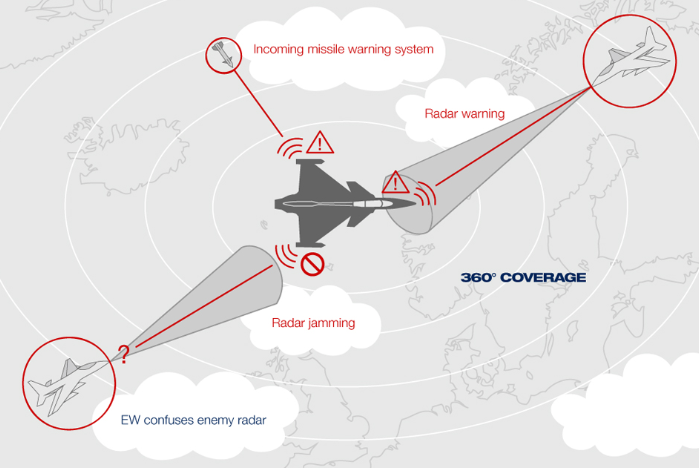WHO Launches New Resources to Bolster Suicide Prevention and Decriminalization Efforts
- Ingrid Jones
- East Asia
- World News
- September 13, 2023

The World Health Organization (WHO) has released two critical resources to enhance suicide prevention and change how societies handle this issue. WHO’s latest offerings include an updated version of “Preventing Suicide: A Resource for Media Professionals (2023)” and a policy brief on the health implications of decriminalizing suicide.
This is a pressing global public health issue, claiming over 700,000 lives annually and the fourth leading cause of death among those aged 15 to 29. It has complex causes involving social, economic, cultural, and psychological factors. WHO aims to reduce global suicide by one-third by 2030, aligning with the United Nations Sustainable Development Goals (SDGs) and the WHO Global Mental Health Action Plan.
Dévora Kestel, Director of Mental Health and Substance Use at WHO, emphasized the significance of these resources, stating, “Each suicide is a tragedy, and we must do more to strengthen suicide prevention.”
The criminalization of suicide and suicide attempts remains in place in at least 23 countries globally, perpetuating stigma and deterring help-seeking. WHO’s policy brief offers recommendations based on the experiences of countries like Guyana, Pakistan, and Singapore, which have recently decriminalized suicide.
Recommendations include developing national suicide prevention strategies, funding post-decriminalization training for first responders, establishing community-based mental health services, and formulating laws and policies that support quality care and the rights of individuals with mental health conditions and psychosocial disabilities.
Nathalie Drew Bold, WHO Technical Officer, stated, “Criminalizing suicide only exacerbates people’s distress. Decriminalization is a crucial step for governments in their efforts to prevent suicide.”
Decriminalization reduces stigma and enables better data collection, informing more effective interventions and increasing opportunities for awareness and advocacy around harmful prevention. The resource offers guidance to minimize imitative behaviors triggered by media reports, especially among vulnerable individuals. It also highlights the potential of reporting survival and resilience stories and narratives about recovery and emotional wellbeing. These resources provide vital tools for policymakers and media professionals to create a more compassionate and stigma-free environment, empowering individuals to seek help and reducing the devastating impact of suicide on individuals, families, and communities.








